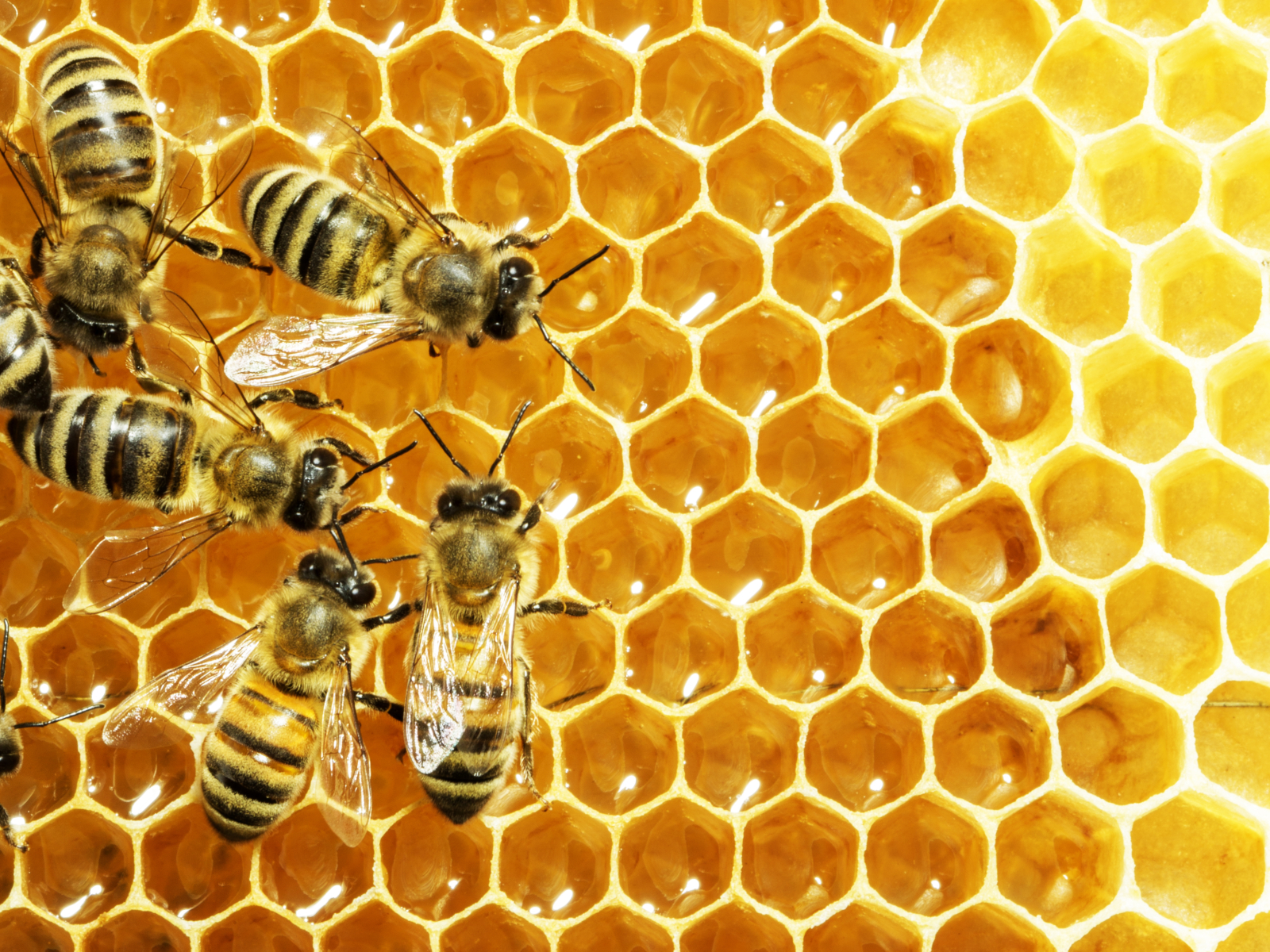If you’re asking yourself, “Does honey expire?” or “Why has my honey turned solid?” We’ve got the answers.
Real honey crystallises
At Nature Nate’s Honey Co., our honey is 100% pure. Nothing is added. Because Nature Nate’s honey is raw and unfiltered, this golden goodness is subject to change in natural ways. One of these changes is the crystallization process.
Crystallization is a fancy term for the transformation of a liquid to a more solid crystal form. There are a few different reasons for crystallization, and we’re here to help you understand why your pure honey might be forming little white crystals and what you should do.

Natural Sugars
Among other vitamins and enzymes, honey is made up of natural sugar and water. Since sugar is a key player in the crystallization game, honey is subjected to the natural transformation process. When the sugar molecules in honey begin to reach each other, they can start a bonding process. This happens as water dissolves, leaving more room for sugar to bind together and crystallize.
Another aspect of sugar that impacts the rate of crystallization is glucose and fructose. The sugar in honey is mainly composed of these two components. Depending on the type of flower the honey comes from, there may be more or less glucose or fructose. This ratio will impact the rate at which your natural honey begins to crystallize. Nature Nate’s honey, for example, has a custom blend of what we consider the best tasting varietals, which includes a few that crystallize faster. While this may affect how long it stays liquid, honey never expires, and we won’t sacrifice a consistently delicious taste for longer attractive shelf life.
Cooler Temperatures
Temperature also affects crystallization. As the honey cools down, it starts to become more solid. This quickens the crystallization process. Honey may begin to form crystals somewhere around 50 degrees Fahrenheit. So if your pantrys cool off in the winter, you might start to see honey undergoing this change and forming little white crystals. Unless you want solid honey for cooking purposes or prefer to eat it this way, don’t put your honey bottle in the refrigerator.
High Pollen Count
Honey that contains little bits of pollen will also begin to crystallize more quickly. These small flecks of pollen provide a base for the crystals to begin growing. But pollen in honey is a good thing! Pollen is simply a byproduct of bees collecting nectar in order to make honey. This pollen lets us know what region honey comes from and from which type of flower. At Nature Nate’s, we do not filter the pollens out, and we ensure a high pollen count in order to trace our honey back to its roots to ensure it’s coming from where we say it is. Look for the Nature Nate’s bright orange label for raw and unfiltered honey, tested and guaranteed to have been made in North America.

Is my honey still good?
So what does this all mean for you? It means that honey that tends to crystallize is real honey, and it’s still good to eat. Here’s how:
Eating crystallised honey: It’s just as delicious
If you notice that your once smoothly flowing honey has become thicker, enjoy it for what it is! Crystallized honey is safe to eat raw or cook with.
Prefer to drizzle? Put your bottle in a pot of warm water
In order to return your favourite sweetener to its liquid state, simply give your Nature Nate’s bottle a bath. Don’t microwave it or put it in boiling water! You want to gently warm the honey without overheating, as high heat kills enzymes found in honey. So take a large bowl, fill it with warm water and let your bottle rest until the crystals begin to melt away.
Whichever form you like best, it’s still deliciously golden honey. Even if the crystallization process begins in your Nature Nate’s bottle, know that this is a normal, natural process and your honey is still good to enjoy.
Learn more about what raw and unfiltered honey is and where you can find it near you.
If you have any questions, we’d love to help find you the answer. Email us 24/7 at honeyfacts@naturenates.com.
